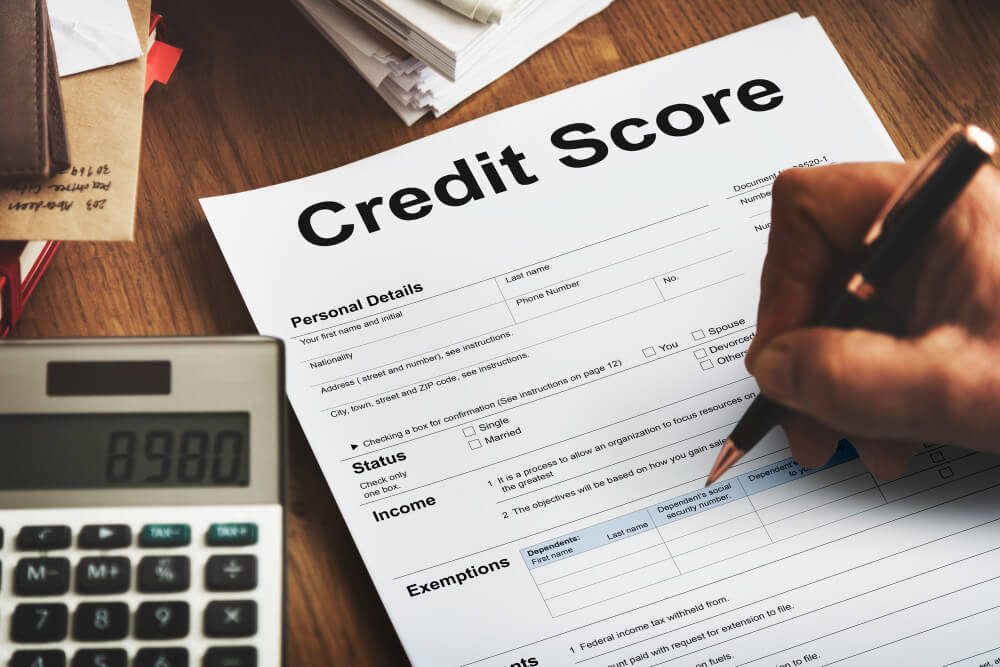When considering applying for a UK credit checks guide you might have come across the terms “soft credit checks” and “hard credit checks.” Understanding these terms can help you make informed decisions and protect your credit score.
In this guide, we’ll answer some common questions and provide clear, practical advice to help you navigate this aspect of financial management.

Common Questions and Concerns
- What is a credit check, and why does it matter?
- What’s the difference between a soft and a hard credit check?
- How do these checks affect my credit score?
- Which type of check should I prefer when applying for catalogues?
- Can I see who has performed a credit check on me?
Let’s dive into these questions and provide some straightforward answers.
Understanding Credit Checks
What is a Credit Check?
A credit check is a review of your credit history, typically performed by a lender to assess your creditworthiness. This information helps lenders decide whether to approve your application for credit, such as a catalogue account.
Your credit report includes details about your credit accounts, payment history, current debt levels, and any public records like bankruptcies.
Credit checks are not just about your borrowing behaviour; they also reflect your financial responsibility. A good credit report shows that you can manage credit wisely, making you a lower risk to lenders.
Why Do Credit Checks Matter?
Credit checks matter because they can impact your ability to borrow money. They provide lenders with insight into how you manage credit and debt, influencing their decision to approve or deny your application.
A single hard credit inquiry might not significantly affect your credit score, but multiple hard inquiries within a short period can indicate higher risk and lead to a lower score.
Credit checks are also used beyond borrowing. Landlords may use them when you’re renting a property, employers might review them as part of the hiring process, and utility companies may check your credit when setting up new accounts.
Soft Credit Checks vs. Hard Credit Checks
Soft Credit Checks
Definition: A soft credit check is a preliminary review of your credit report. It’s often used by lenders to pre-approve you for offers or by employers as part of a background check.
Impact on Credit Score: Soft checks do not affect your credit score. They are visible only to you and not to other lenders.
Example: Imagine you’re browsing catalogues online, and one offers a pre-approved limit based on a soft credit check. This means they’ve done a quick check that won’t impact your credit score.
When They Occur:
- Pre-approved credit offers
- Personal credit checks
- Background checks by employers
- Insurance quotes
Why They Matter: Soft checks are a useful tool for understanding your creditworthiness without impacting your score. They allow you to shop around for the best credit offers without fear of damaging your credit.
Hard Credit Checks
Definition: A hard credit check occurs when a lender performs a full review of your credit report as part of a formal application for credit.
Impact on Credit Score: Hard checks can affect your credit score. Each hard inquiry can slightly lower your score, and multiple hard checks in a short period can have a more significant impact.
Example: If you decide to apply for a catalogue account, the company will perform a hard credit check. This thorough review helps them decide if you’re eligible for credit and what terms to offer you.
When They Occur:
- Credit card applications
- Loan applications (mortgage, auto, personal loans)
- Catalogue accounts
- Utility account openings
Why They Matter: Hard checks are a necessary part of the credit approval process. They provide lenders with a comprehensive view of your credit history, helping them make informed lending decisions. However, multiple hard checks in a short time can signal financial distress and lower your credit score.
Making the Right Choice
Which Type of Check Should You Prefer?
Applying for Multiple Catalogues: If you’re shopping around and exploring multiple catalogues, try to stick to ones that use soft credit checks initially. This way, you can gauge your chances of approval without impacting your credit score.
When You’re Ready to Apply: Once you’ve narrowed down your choices and are ready to apply, a hard credit check will be necessary. Be mindful of the number of hard checks you allow within a short time frame.
Understanding the Impact on Your Credit Score
How Soft Checks Affect Your Score
Soft checks do not affect your credit score at all. They are recorded on your credit report, but only you can see them.
This means you can check your own credit score as often as you like without worrying about any negative impact.
How Hard Checks Affect Your Score
Hard checks can lower your credit score slightly. A single hard inquiry might reduce your score by a few points, but the impact typically diminishes over time.
However, if you have multiple hard inquiries in a short period, lenders may view you as a higher risk, which can significantly lower your score.

Tips to Minimise Impact:
- Plan Applications: Space out your credit applications to avoid multiple hard inquiries in a short time.
- Know Before You Apply: Use soft credit check tools to understand your chances of approval before formally applying.
Tips for Managing Credit Checks
- Check Your Credit Report Regularly: Keeping an eye on your credit report can help you understand your credit standing and spot any unauthorised checks.
- Space Out Applications: Avoid applying for multiple lines of credit in a short period to minimise the impact on your credit score.
- Use Tools Wisely: Many financial tools and websites offer free credit score checks using soft inquiries. Use these resources to monitor your score without any negative effects.
- Understand Your Rights: In the UK, you’re entitled to a free statutory credit report from each of the major credit reference agencies once a year. Use this to check for errors or fraudulent activity.
Practical Examples and Stories
To illustrate the impact of soft and hard credit checks, let’s look at some real-life scenarios.
Example 1: Shopping for a Catalogue Account
Sarah loves shopping from home and decides to apply for a catalogue account to spread out her payments. She starts by browsing different catalogues and finds one that offers a pre-approval based on a soft credit check.
Sarah takes advantage of this to see if she qualifies without impacting her credit score. Once pre-approved, she feels confident and goes ahead with the application, which results in a hard credit check. Since she only applied to one catalogue, the impact on her score is minimal.
Example 2: Multiple Credit Applications
John is planning to buy a house and knows he’ll need a mortgage. Before applying, he checks his credit score using a soft inquiry tool. Pleased with his score, he applies for a mortgage, resulting in a hard credit check.
In the same month, he also applies for a new credit card and a car loan, each resulting in additional hard checks. His UK credit checks guide drops more significantly because of the multiple inquiries in a short period, making him reconsider his financial strategy.
Conclusion
By understanding the differences between soft and hard credit checks and knowing how to manage them, you can better navigate the world of UK catalogues and maintain a healthy credit score.
Whether you’re a seasoned catalogue shopper or new to the concept, being informed about credit checks can save you from unexpected surprises and help you make smarter financial decisions.
Remember, the key is to be mindful of how often you apply for credit and to use tools that help you understand your creditworthiness without affecting your score.
With this knowledge, you can confidently explore the wide range of catalogue options available and choose the ones that best meet your needs.
Frequently Asked Questions
What’s the difference between soft and hard UK credit checks guide?
Soft credit checks are initial assessments that don’t impact your credit score. Catalogue companies often use these to pre-approve customers or determine eligibility.
Hard credit checks are more thorough examinations that appear on your credit report and can temporarily lower your score by a few points.
These are typically done when you formally apply for credit with a catalogue.
Do soft credit checks affect my credit score?
No, soft credit checks do not affect your credit score. They are only visible to you and the company performing the check, not to other lenders.
You can have multiple soft checks without any negative impact on your creditworthiness.
How long do hard credit checks stay on my credit report?
Hard credit checks usually remain on your credit report for 2 years. However, their impact on your credit score typically diminishes after about 6 months if you’ve been managing your credit responsibly.
Can I remove hard credit checks from my report?
Generally, you cannot remove legitimate hard credit checks from your report. They will automatically drop off after 12 months.
However, if you spot a hard check you don’t recognize, it could indicate fraud, and you should report it immediately.
How can I minimise hard credit checks when applying for catalogue credit?
To minimise hard searches, use soft UK credit checks guide eligibility tools offered by many catalogues before applying. These allow you to see your chances of approval without impacting your credit score.
Only proceed with a full application (and thus a hard check) if your eligibility looks good. Also, space out your catalogue credit applications over time to avoid multiple hard checks in a short period.